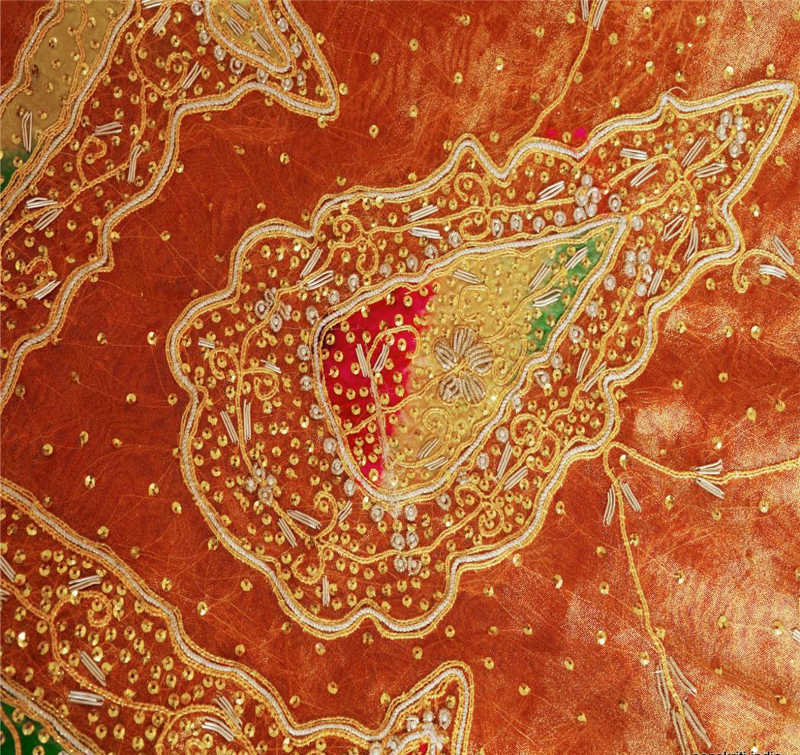===
0920,
2
===

=== |
 |
javān : 'Young, youthful, in the prime of manhood or womanhood; vigorous; blooming; —a young man or woman; a youth; an adult; a man, an able-bodied man; a soldier, warrior'. (Platts p.394)
muḥābā : 'Partiality (for); lenient or gentle treatment, kind behaviour; respect, regard, friendship, affection; —caution, care'. (Platts p.1006)
FWP:
SETS == EXCLAMATION; IDIOMS
MOTIFS
NAMES
TERMS == IDIOM; INSHA'IYAH; 'TUMULT-AROUSING'How brilliant is Mir's use of that idiom dunyā ho aur tū ho ! It's not surprising that even early dictionaries disagree on its meaning. Its very simplicity is what opens up such protean possibilities. For further discussion, see another excellent use of it in
{907,1}.
The dunyā ho is a future subjunctive: 'the world might/would/should be'. But the tū ho can be either a future subjunctive ('you might/would/should be') or else an intimate imperative ('be!'). Two large possibilities open up right there: either 'the world' and 'you' are being thought of in parallel, in exactly the same imaginative terms, or else 'the world' is being subjunctively envisioned, and 'you' are being given a command (to exist). Here are just a few of the interpretive possibilities:
=As long as the world would be, may you be! (a blessing).
=As long as the world would be, you yourself be! (a command).
=As long as the world would be, you would be. (a prediction that you would last as long as the world does).
=(Other, contingent things might cease to be, but ultimately) the world would be, and you would be. (a prediction that the world and you would outlast everything else)
=(You and the world are such amazing things, nothing else can even come close-- in the final round of the competition,) there would be the world, and there would be you. (a claim that the world and you are more powerful than everything else).
Obviously, here is a case where tone is all-important. A melancholy tone, a rueful tone, a sarcastic tone, a marvelling tone-- how entirely the choice would transform these utterly simple little insha'iyah phrases.
Moreover, addressing 'Passion' with the intimate tū puts it in the same intimate grammatical (and perhaps also more than grammatical) category as God, a lover, a dear friend, a despised enemy, a small child. These various kinds of possible intimacy clarify some of the available choices of tone.
A minimal, un-pin-downable, ultimately uninterpretable phrase like this works as well in a tiny poem as a gesture does. It's compressed, evocative, memorable, centrally important-- and irremediably opaque.
Note for grammar fans: If tū ho as an intimate imperative sounds awkward, that's because in (modern) practice tū ho jā would almost always be used. Similarly (though not identically), tū so would in practice be replaced by tū so jā .